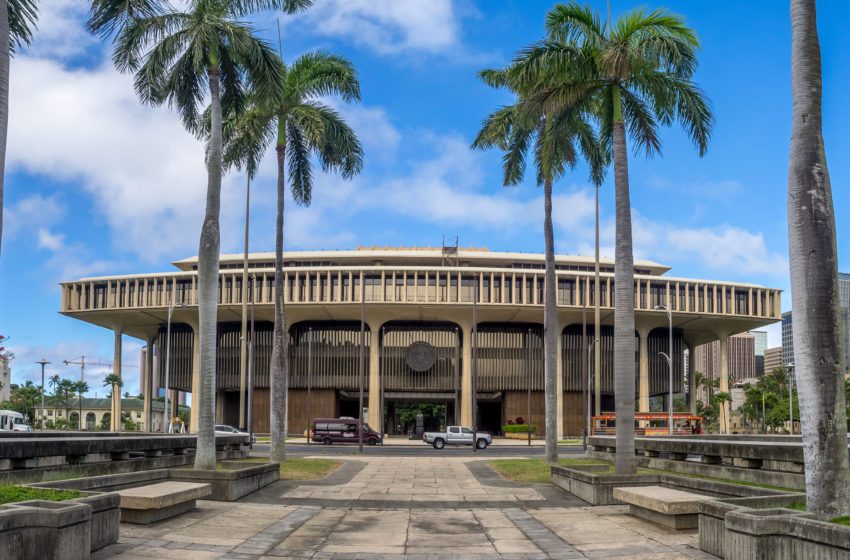British American Tobacco says it is bringing forward to next year a scheduled independent review of its US supply chain.
This follows the publication of a number of reports alleging labor abuses on US farms, including tobacco farms.
One report, A Smokescreen for Slavery: Human Rights Abuses in UK Supply Chains, by UK Labour Party members Jim Sheridan and Ian Lavery, followed a July fact-finding trip (see July 25 story: Joint US and British delegation to check on conditions on US tobacco farms) to migrant camps and tobacco fields, which was led by the Toledo-based Farm Labor Organizing Committee.
Asked to comment on a Huffington Post blog by the two MPs last week, BAT said that it hada long and proud history in agriculture, working directly with farmers around the world and advancing agricultural best practice.
“We do not own tobacco farms or directly employ farmers, instead we partner with over 100,000 contracted farmers and third party suppliers around the globe,” a spokesperson said.
“Our Social Responsibility in Tobacco Production (SRTP) programme sets out the standards we expect of our leaf suppliers, including in the US. We publish all supplier scores on our website at www.bat.com/srtpdata.
“We take any allegations of poor working conditions within our supply chain very seriously.”
The spokesperson said that since being made aware of the alleged issues in relation to farm labor in the US, BAT had been in regular dialogue with both the Farm Labor Organizing Committee (FLOC) and R.J. Reynolds Tobacco Company (RJRT), with whom it contracted to purchase a small amount of tobacco leaf.
Last week’s report, a personal account by Labour Party MPs with whom BAT recently met, alleged a number of specific issues in North Carolina, USA. “While it is not clear the issues identified take place within our supply chain, further investigation is needed,” the spokesperson said.
“We have therefore brought forward to next year a scheduled independent review of our supply chain in the US.
“While we are a large shareholder of RJRT, we do not control the company.
“With regards to the specific issues raised in relation to US law, we maintain that they can only be resolved through a multi-stakeholder approach – one that involves all key US based stakeholders in the process, not just FLOC and RJRT.
“We agree with RJRT that the Farm Labor Practice Group, whose members include FLOC, federal and state level government, tobacco growers and other relevant organisations, remains the best mechanism for resolving these US specific issues.”
Farm labor practices in the US have been much in the news recently. In announcing recently new leaf tobacco supply arrangements with Philip Morris International, both Universal and Alliance made mention of the US Agricultural Labor Practices code.
Universal said that ALP was designed to further its corporate goals and the goals of its customers of progressively addressing and eliminating concerns found in agriculture with child and other labor issues, and achieving safe and fair working conditions on all farms from which Universal sourced tobacco.
The MP’s report is at: http://www.toledoblade.com/attachment/2014/11/06/Trade-Union-Group.pdf.










